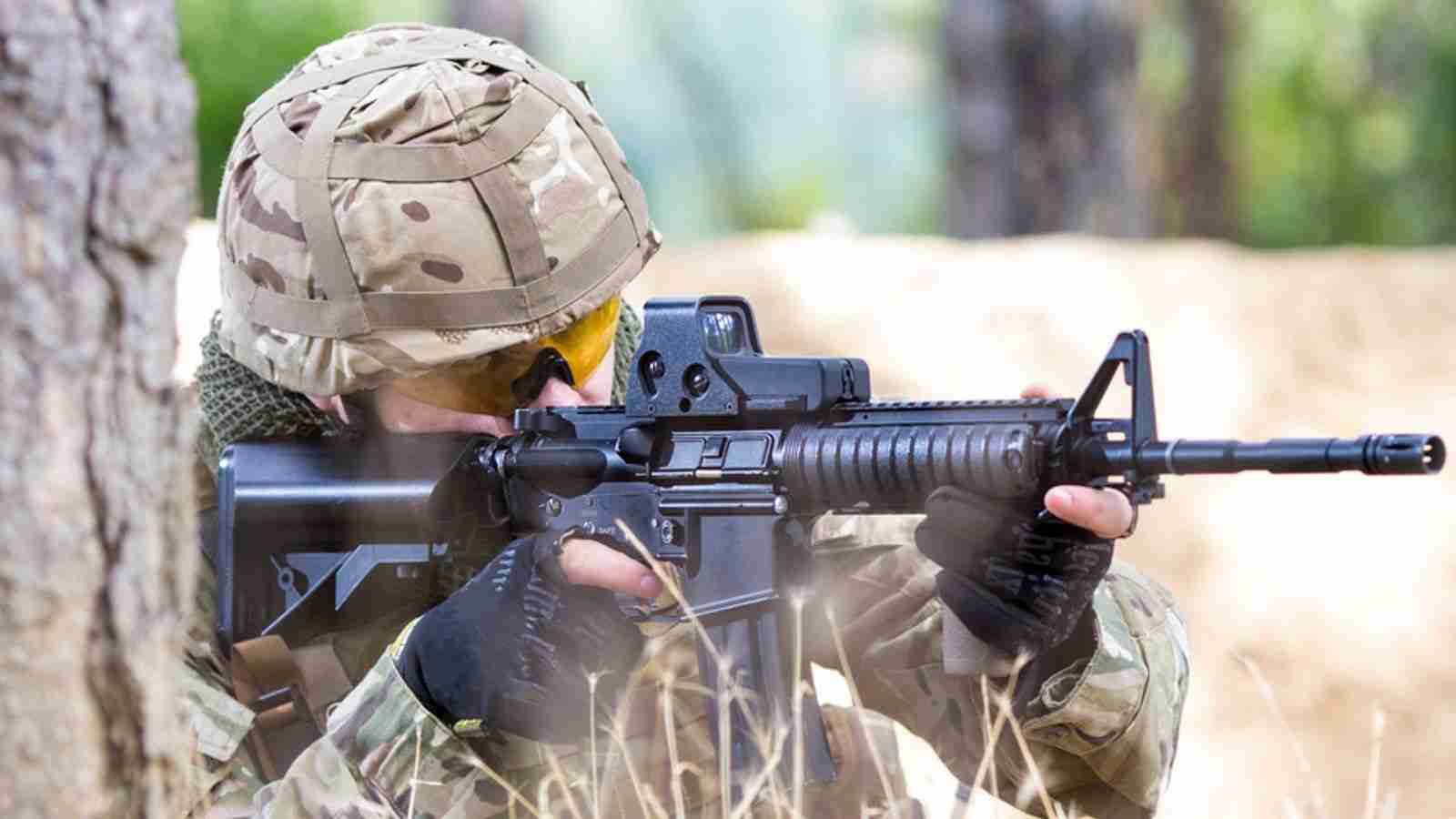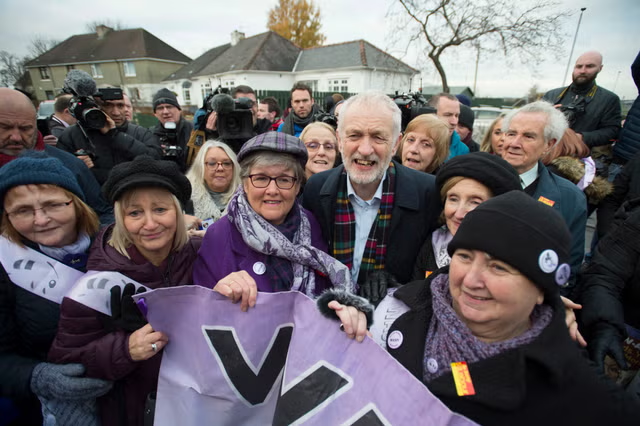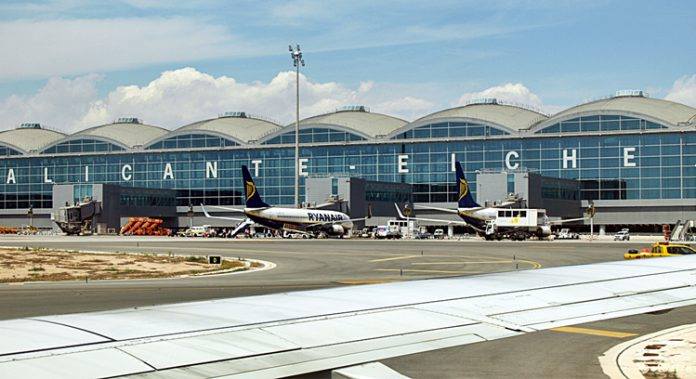Table of Contents
ToggleBritish Army War Russia: A Historical and Strategic Perspective
Image Credit: Sky News
Introduction:
Understanding the historical and strategic relationship between the British Army and Russia offers valuable insights into global politics and military dynamics. Over centuries, these two nations have alternated between fierce rivalry and uneasy alliances, shaped by shifting geopolitical landscapes. From the Great Game in Central Asia to modern tensions over Ukraine, the British Army’s interactions with Russia highlight lessons in strategy, diplomacy, and resilience.
Read Also: World War 3 News Explained: Breaking Down Complex Issues
Early Conflicts Between Britain and Russia:
The Great Game
The term “Great Game” refers to the 19th-century geopolitical rivalry between the British Empire and Tsarist Russia for influence in Central Asia. Both powers sought to dominate the region, which was seen as a buffer zone between British India and Russian territories. The British Army played a crucial role in securing strategic outposts and conducting intelligence missions to counter Russian advances.
Key turning points included:
- The Anglo-Afghan Wars, where Britain sought to prevent Russian influence in Afghanistan.
- The mapping and exploration efforts, vital for understanding Central Asian terrain.
This rivalry set the stage for future confrontations and established patterns of suspicion and competition.
Crimean War
The Crimean War (1853-1856) marked one of the most direct military conflicts between Britain and Russia. Sparked by disputes over religious rights in the Ottoman Empire, the war quickly escalated into a broader struggle involving major European powers.
The British Army, alongside French and Ottoman forces, engaged in significant battles, including:
- The Siege of Sevastopol, where British troops displayed determination despite logistical challenges.
- The Charge of the Light Brigade, a controversial yet iconic moment highlighting both bravery and mismanagement.
The war reshaped European alliances and demonstrated the growing importance of modern warfare techniques, such as railways and telegraphs.
British-Russian Relations During World Wars:
World War I
In World War I, Britain and Russia found themselves on the same side as members of the Allied Powers. Despite their alliance, tensions simmered beneath the surface, particularly over the division of post-war territories.
The British Army contributed significantly through:
- Reinforcing the Eastern Front with supplies and coordination.
- Supporting anti-Bolshevik forces during the Russian Civil War, which strained relations after the war.
World War II
World War II brought an uneasy alliance between Britain and the Soviet Union, united against the Axis Powers. Despite ideological differences, the two nations collaborated effectively in key battles, such as the defeat of Nazi forces in Eastern Europe.
Key contributions of the British Army included:
- The Arctic Convoys, delivering critical supplies to Soviet forces.
- Joint operations and intelligence sharing to weaken the Axis war machine.
This partnership, though pragmatic, laid the groundwork for post-war Cold War rivalries.
The Cold War Era:
Military Rivalry
The Cold War was defined by the ideological and military standoff between NATO, led by the United States and Britain, and the Soviet-dominated Warsaw Pact. The British Army’s role in Europe was pivotal, with stationed troops serving as a deterrent against potential Soviet aggression.
Major strategies included:
- The establishment of the British Army of the Rhine in Germany.
- Participation in large-scale NATO exercises to showcase military readiness.
Espionage and Proxy Wars
Espionage played a crucial role during this era, with Britain’s MI6 actively countering Soviet intelligence operations. The British Army indirectly confronted Russia through proxy wars, such as in Afghanistan, where they supported anti-Soviet insurgents.
These efforts highlighted the multifaceted nature of Cold War conflicts, combining traditional military roles with covert operations.
Post-Cold War to Modern Times:
Modern Military Strategies
With the end of the Cold War, the British Army adapted to a new geopolitical reality. The collapse of the Soviet Union in 1991 did not end British-Russian tensions but shifted them to new arenas such as NATO expansion and regional conflicts. The British Army’s role within NATO became increasingly prominent, focusing on collaborative strategies to counter emerging Russian threats.
Key developments include:
- NATO Training Exercises: The British Army participated in joint exercises to enhance interoperability among member states, ensuring readiness against Russian aggression.
- Deployment in Eastern Europe: Following Russia’s annexation of Crimea in 2014, Britain increased its military presence in the Baltic States and Poland, contributing troops to NATO’s Enhanced Forward Presence initiative.
- Technological Advancements: Emphasis on cyber defense, drone technology, and intelligence sharing has become a cornerstone of British military strategy.
These measures reflect a shift towards hybrid warfare, blending traditional military methods with cyber capabilities to address contemporary challenges.
Recent Tensions and Potential Conflicts:
The resurgence of Russian assertiveness under Vladimir Putin has reignited tensions with Britain. The British Army has played a critical role in countering Russian influence, particularly in the context of:
- The Ukraine Conflict: Britain has provided military aid to Ukraine, including advanced weaponry and training for Ukrainian forces, to resist Russian aggression.
- Cyber Warfare: Recognizing the growing threat of cyberattacks, Britain has bolstered its cybersecurity capabilities, working closely with NATO to address vulnerabilities.
- Arctic Region Tensions: As the Arctic becomes a hotspot for resource competition, the British Army has increased its focus on cold-weather operations, anticipating potential confrontations with Russian forces.
These recent developments underscore the ongoing strategic rivalry between the two nations, with no resolution in sight.
Strategic Lessons from History:
Importance of Alliances
History demonstrates that alliances are vital for countering powerful adversaries. The British Army’s collaborations with NATO and other partners have been crucial in maintaining a balance of power against Russia. From the Crimean War to the Cold War and beyond, partnerships have provided the necessary support and resources to address significant challenges.
Adapting to Changing Warfare
The evolution of warfare—from traditional battles to hybrid strategies involving cyber and psychological operations—requires continuous adaptation. The British Army has embraced this by:
- Investing in cutting-edge technology, such as AI-driven intelligence and autonomous systems.
- Developing rapid deployment capabilities to respond to crises swiftly.
- Training personnel in counter-insurgency and urban warfare techniques to address diverse threats.
These adaptations ensure that the British Army remains a formidable force, capable of addressing the complexities of modern conflicts.
Read Also: World War 3 News Explained: Breaking Down Complex Issues
Conclusion:
The historical and strategic relationship between the British Army and Russia is a story of rivalry, adaptation, and resilience. From the Great Game to modern hybrid warfare, Britain has consistently evolved its strategies to counter Russian influence and protect its interests. By learning from the past and embracing innovation, the British Army continues to play a pivotal role in shaping global security dynamics.
As new challenges emerge, such as cyber threats and Arctic tensions, the lessons of history will remain essential. The British Army’s ability to adapt, forge alliances, and maintain vigilance ensures that it remains prepared for future confrontations with Russia.
FAQs:
1. What was the Great Game, and why is it significant?
The Great Game refers to the 19th-century geopolitical rivalry between Britain and Russia for influence in Central Asia. It is significant because it shaped the strategic approaches of both nations and influenced global politics during the imperial era.
2. How did the British Army perform in the Crimean War?
The British Army played a crucial role in the Crimean War, showcasing bravery in battles like the Siege of Sevastopol. Despite logistical challenges, the war highlighted the need for modernization in military strategies.
3. What role did Britain play during the Cold War?
During the Cold War, Britain was a key member of NATO, countering Soviet influence through military deployments, intelligence operations, and participation in proxy wars.
4. How has the British Army evolved to counter modern Russian tactics?
The British Army has embraced hybrid warfare strategies, investing in cyber defense, advanced weaponry, and joint military exercises with NATO allies to counter Russian tactics effectively.
5. What are the current military relations between Britain and Russia?
Current relations are tense, marked by Britain’s support for Ukraine, increased NATO deployments in Eastern Europe, and countering Russian cyber and hybrid warfare efforts.




